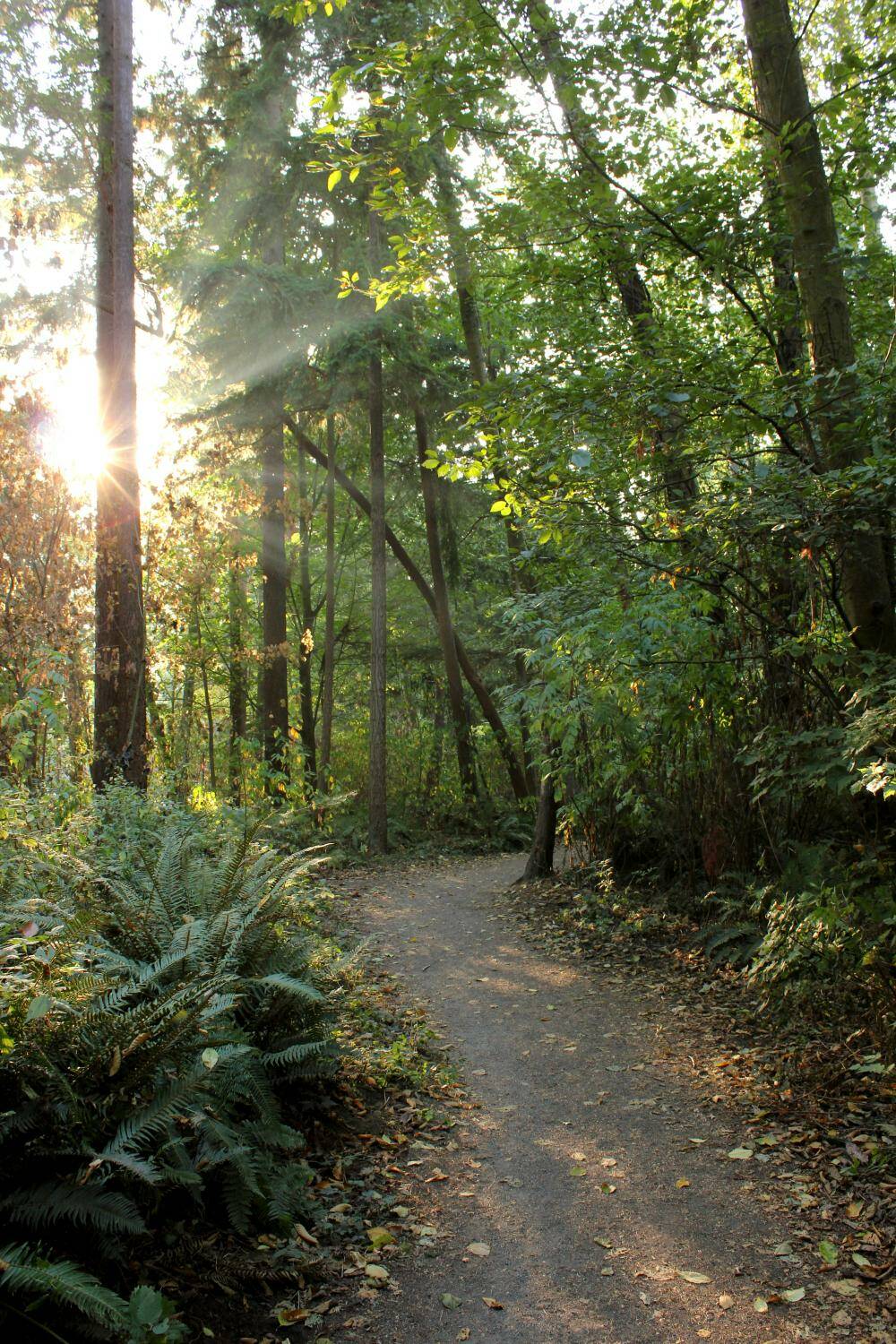When the final tallies were certified in last year’s Nov. 8 general election, 64.27% of Mercer Island voters exhibited their approval of a parks levy renewal that was placed on the ballot a year early.
About four months after city councilmembers gave the nod to put Proposition 1 into action, it acquired the simple majority necessary for passage and the 16-year levy went into effect on Jan. 1.
On Jan. 19, Sam Harb, the city’s parks operations manager, met with the Open Space Conservancy Trust Board at its regular hybrid meeting to present a levy update and mark the steps forward into the coming years.
Harb focused on the levy’s impacts on ecological restoration projects at Pioneer Park and Engstrom Open Space.
“Some of the rising costs to what we’ve seen with contracted work created a need for additional funding in order to follow through on these plans for the trust properties,” said Harb, noting that levy funding has increased the Pioneer and Engstrom budget from $191,200 in 2022 to $416,824 in 2023 with ongoing incremental increases.
Harb confirmed the accuracy of board trustee Thomas Hildebrandt’s comment that the immense budgetary rise was the result of some deferred maintenance and cost of living increases that are present with the levy renewal, which also funds Luther Burbank Park budgets and increases in playground replacement reserves.
A Proposition 1 pro statement in the King County Elections pamphlet asked voters to help preserve and enhance the Island’s parks and playgrounds and continue native plant restoration at Pioneer and Engstrom.
The Pioneer and Engstrom restoration slated to take place, according to Harb, involves comprehensive multi-year weed removal; enrollment of 6.5 new acres each year; continued annual follow-up treatment of 10 acres that began in 2022; and planting 900 trees and shrubs. According to a city report, the Pioneer tasks are “vital to the forest’s long-term health, by improving its resilience to the effects of climate change and reducing the risk of wildfire.”
While city staffers, seasonal crews and volunteers participate in some of the Pioneer restoration projects, a team of contractors perform the bulk of the work, Harb said. The city plans to continue this four-pronged process — with an increase in contracted assignments — at Pioneer and have more staffers available for restoration and urban forestry duties and other citywide projects.
On the history side of the pair of properties, the city purchased the 113-acre Pioneer forest in 1964 and transferred ownership to the Mercer Island Open Space Conservancy Trust in 1992; the seven-acre Engstrom Open Space — which is adjacent to Pioneer — was originally purchased by Oscar Engstrom in 1925 and named in his honor in 2007.


